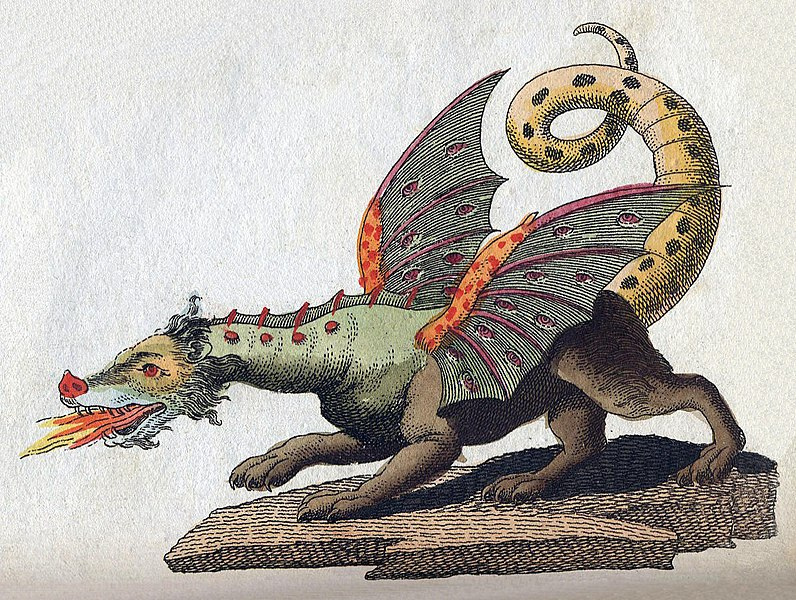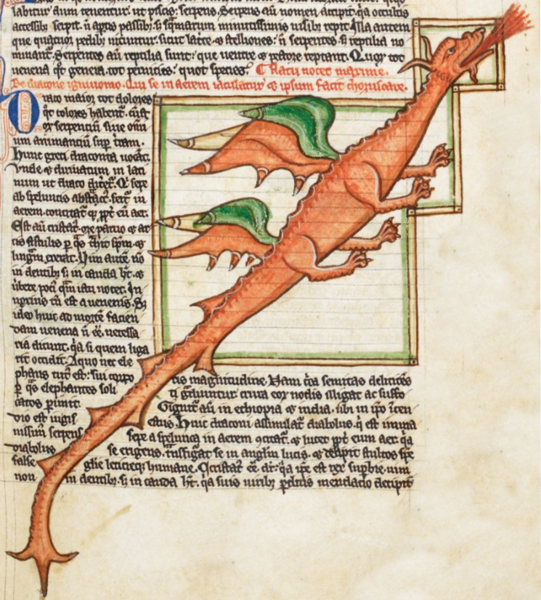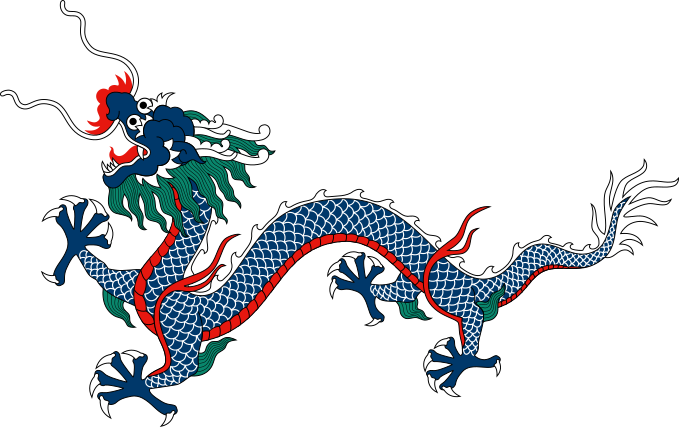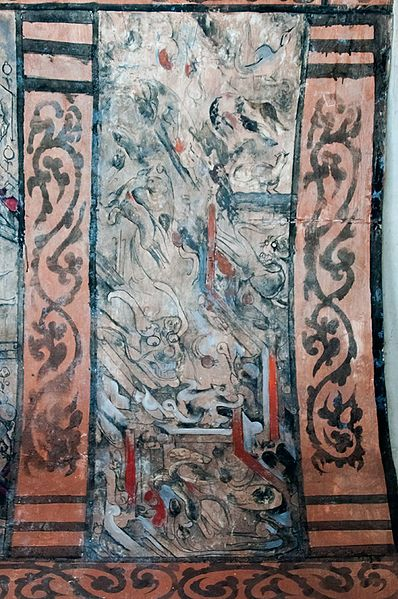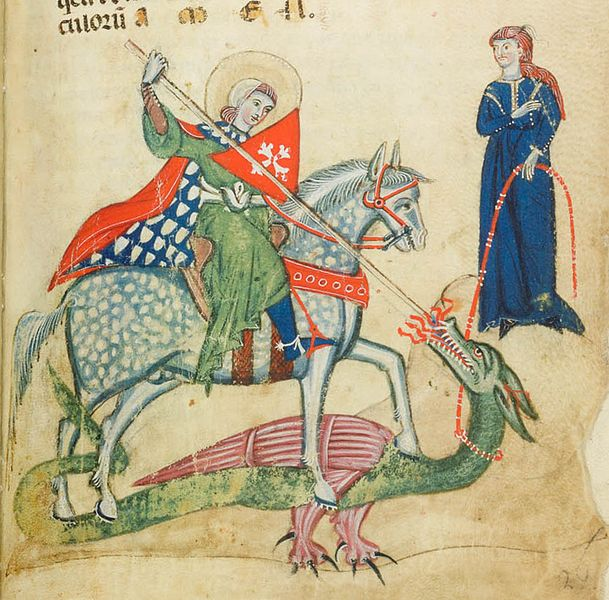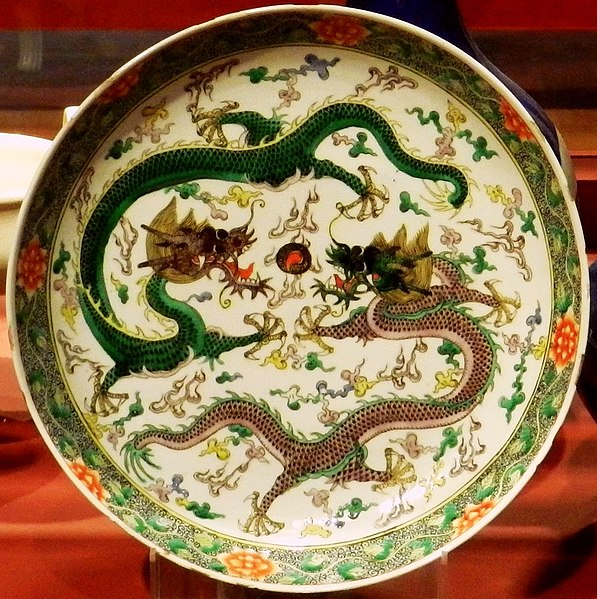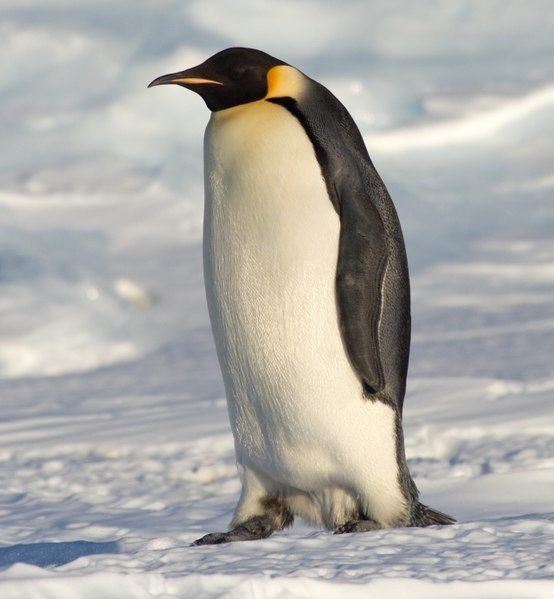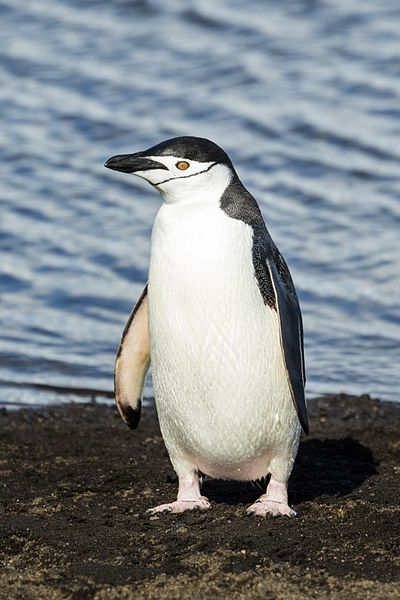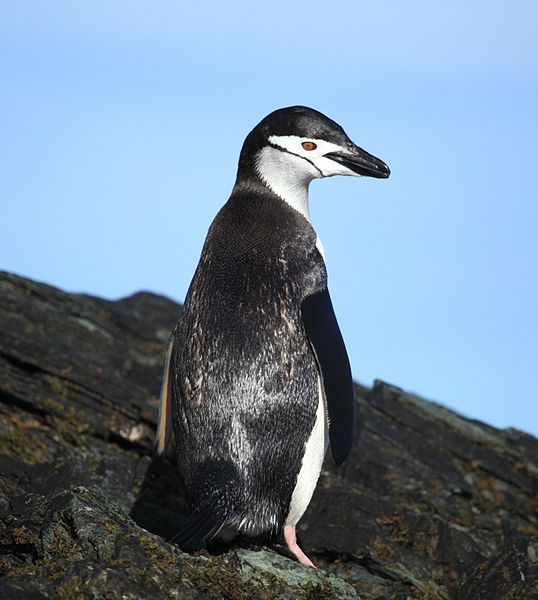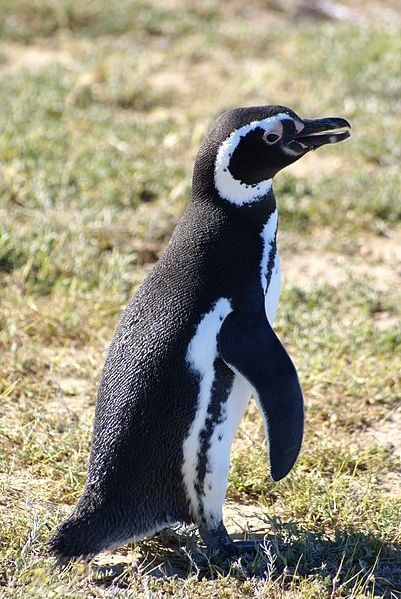One of the tropes of people studying mythology is that "every culture has stories about dragons."
Do they though? Do European dragons REALLY have enough in common with Chinese ones to be considered the same phenomenon?
Do they though? Do European dragons REALLY have enough in common with Chinese ones to be considered the same phenomenon?
The fact that we decided to translate long/lung as "dragon" doesn't mean they're the same thing, surely. European dragons are demonic evil creatures that heroes slay. Chinese ones are typically benevolent and wise, a symbol of power
If there is a common origin for both forms, they would have diverged a really long time ago. Virgil used the terms "serpens" and "draco" interchangeably in a story about a shepherd killing a snake in the 1st century AD
https://twitter.com/KapitanSaka/status/1250824441266728960
https://twitter.com/KapitanSaka/status/1250824441266728960
I'm going to try and explain this the best I can because people are looking at this incorrectly, deriving connections based on modern translations and going backwards from there
About 150 years ago, there was a flightless bird in the North Sea called the "Great Auk"
About 150 years ago, there was a flightless bird in the North Sea called the "Great Auk"
Another common term for it at the time was penguin, represented in its scientific name "Pinguinus".
When Antarctica was discovered, we found these guys and started to also call them "Penguins"
When Antarctica was discovered, we found these guys and started to also call them "Penguins"
However, these new penguins are not closely related to the Great Auk at all. To call these both "penguin" is just a matter of us deciding there's a resemblance later on. The similar appearance does not imply a close relation
I'm arguing that the same applies to European and Chinese dragons. We decided, much later, to call the Long a "dragon" based on its superficial resemblance to European dragons, and working backwards from that we decided "every culture has stories about dragons"
This is the equivalent of someone in the 19th century saying "both hemispheres have penguins"

 Read on Twitter
Read on Twitter